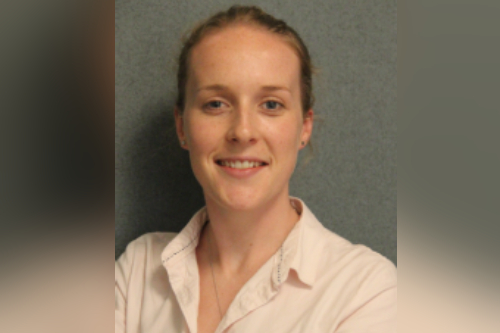

Tattoos have always been a conversation starter. Some are purely decorative pieces of skin art with no specific meaning, while others are symbolic and connected to memory, emotion, culture, religion, and identity.
While tattoos are now a widely accepted form of self-expression in society, many still feel the need to hide their tattoos in certain environments. For example, there remains some stigma to openly displaying tattoos in the workplace, especially in formal office environments like those prevalent in the insurance industry.
Recently, people have started asking: ‘Why?’
A woman from Ohio, USA, went viral in January for a LinkedIn post she shared about showing her tattoos at work. Jessica Leonard became a partner at Cleveland-based private equity firm Evolution Capital Partners towards the end of 2021 and she needed a new professional headshot to post with her bio on their website.
Leonard rocked up to the photo shoot in business dress with a jacket to cover her tattoo ‘sleeves’ on both arms. In her LinkedIn post, she explains how she cautiously asked the managing partner if she could have a photo taken without her jacket – showing her inked-up arms – that she would use for personal use on LinkedIn.
To Leonard’s surprise, the Evolution managing partner told her to “roll with the tattoos … loud and proud” in both the official website bio and her personal LinkedIn profile. This left Leonard “honestly shocked” as someone who had hidden her ink behind long sleeves, even in the heat of summer, and someone who felt she needed to be careful about “being too freely me”.
When talking to insurance professionals about improving diversity, equity, and inclusion (DE&I) in the industry, I often hear the phrase: ‘We want to encourage people to bring their authentic selves to work.’
I think almost everyone likes the idea of that, but in practice, we have so much unconscious bias to remove before authenticity can be reached.
Ask yourselves: When was the last time you inwardly questioned someone else’s appearance at work? Perhaps you didn’t make a vocal comment, but you still looked at your colleague’s new piercing or their COVID lockdown mullet and thought: ‘That’s not very professional’ – or something along those lines.
I don’t think that’s an issue of people not encouraging self-expression. Rather, I think it stems back to systemic bias within the corporate environment, including in industries like insurance. Professionals are “supposed” to dress smartly, and anything against the norm – including open expressions of individuality like showing tattoos – tends to raise eyebrows.
Jessica Leonard’s tattoo story went viral because it was an example of strong leadership that defied the norm and broke down that corporate bias.
At the end of her LinkedIn post, which showed her two portraits (with and without her jacket), Leonard wrote: “Sometimes, you come across leaders who not only allow you to show up every day as you are, but they also expect it. Those leaders who have recognised that whether I’m in the jacket or not, I’m the same person, the same business professional…a female leader who will most certainly be taken seriously.”
This is a strong message that I think people in the insurance industry should take note of because I personally have noticed that there is a certain “uniform” that is expected of many (not all) insurance professionals.
What someone is wearing isn’t going to make them a good or bad insurance broker. A tattoo sleeve or a nose ring doesn’t make someone less deserving of a promotion to senior vice president. Dyed hair or some other outward expression of individuality doesn’t mean that someone is more likely to break rules and question the status quo within an organisation.
Authenticity of appearance, gender, race, sexuality, culture – whatever it may be – should never have a negative impact on a person’s professional ability. In contrast, by enabling employees and colleagues to be comfortable in their own skin, you’re actually setting them up to be more successful because they can focus completely on the task at hand.
This is one of the enormous value propositions of increasing DE&I within the insurance industry. But there’s work to be done in removing any long-etched bias in the industry, and touching up insurance’s ‘Be Authentic’ tattoo.
